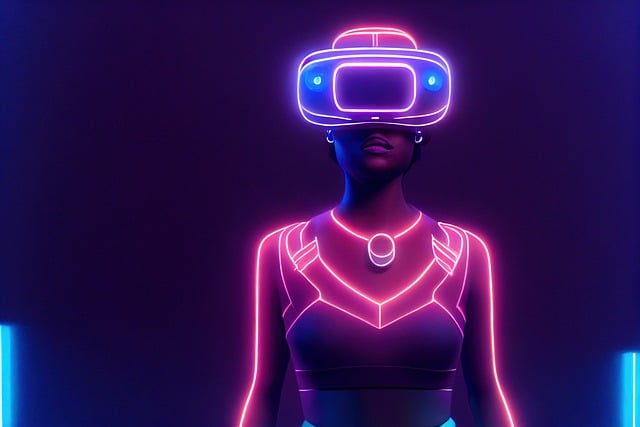If there’s one thing we can be sure of in life, it’s that change is constant; everything around us is in a constant state of flux. One of the main driving forces behind any change is shifting trends. Trends influence everything from what we wear to what we eat and the type of music we listen to, and it even filters down to our entertainment.

In the world of gaming, plenty of trends have shaped the way we play this year. While not all of them have been well-received, there are quite a few positive changes we predict will stick around for the foreseeable future.
Online casinos
The concept of gambling may be centuries old, but online gambling is still relatively new to the scene. These online entertainment hubs essentially deliver a next-level gaming experience in a virtual setting, offering blackjack, roulette, slot games, and a mega jackpot.
While many of these sites have been around since the new millennium, technology is greatly enhancing gameplay for gamblers. Live dealer games, VR casinos and enhanced graphics are creating immersive and hyper-realistic simulations that closely resemble an in-person trip to the casino. With the popularity of these online gambling hubs growing and online gambling becoming legal in more countries, this is one trend that is here to stay.
Wearable gaming
Wearable gaming entails integrating games with wearable devices such as VR headsets, fitness trackers and smart watches. Without the need for consoles or other controllers, wearable gaming creates a hands-free gaming experience that allows you to be fully engrossed in the game.
VR headsets currently provide an entirely unmatched gaming experience, transporting you to virtual worlds that you’ll feel completely immersed in.
Fitness gaming
Similar to the previous point, the gamification of fitness apps and trackers is poised to stick around. This has turned what was once perhaps a mundane and inconvenient activity into something fun and competitive.
For example, cycling brand Peloton is developing a fitness game called Lanebreak that will use simulations and rewards to push players toward their fitness goals. This is the beauty of “exergaming” – you will be so lost in trying to progress in the game that you won’t even realize you are achieving your fitness goals at the same time.
Blockchain-based gaming
Blockchain technology has become synonymous with creating highly secure and transparent systems, revolutionizing industries from finance to gaming. Blockchain-enabled gaming is an exciting emerging trend that will see safer in-app transactions and create opportunities for play-to-earn game models.
These kinds of games already exist and are growing in popularity. For example, STEPapp is a Web3 move-to-earn game that rewards players for hitting their goal of 10,000 steps a day with NFTs and other crypto-based rewards.
Galaxy Fight Club is another very popular blockchain game. Here, players can earn real money by winning games and accumulating loot box keys. By crafting keys and unlocking loot boxes, players can enjoy an immersive gaming experience while having the chance to earn in-game items, digital currency and even real-money prizes.
Esports
Esports has been around since the early 2000s, but early competitions were mostly held between amateurs. It wasn’t until the 2010s that it truly exploded in popularity, with the market growing to 454 million viewers and generating revenue of $1bn by 2020. What was once a hobby for amateurs has become a lucrative career for serious gamers.
There are now several international tournaments that have prize pools worth millions of dollars. Some notable tournaments include:
- League of Legends Championship Series
- World Cyber Games
- Electronic Sports World Cup
- World Esports Games
Diversity and inclusivity
Conversations about diversity and inclusion are ongoing, but there has been added pressure from all corners to initiate true change. Gamers and industry professionals are advocating for representation and inclusivity in game characters, storylines and development teams.
This type of transformation is needed in an industry in which 80% of game characters are male and 55% are white. It is vital that games offer a true reflection of society by taking a balanced approach to include all sexes and races. This will create a more inclusive gaming culture that appeals to diverse audiences.
The takeaway
These exciting trends have played a role in how we play games in 2023, and they are likely to stick around in the new year. The technologies that power them will continue to be refined and improved, further enhancing the experiences they provide.
